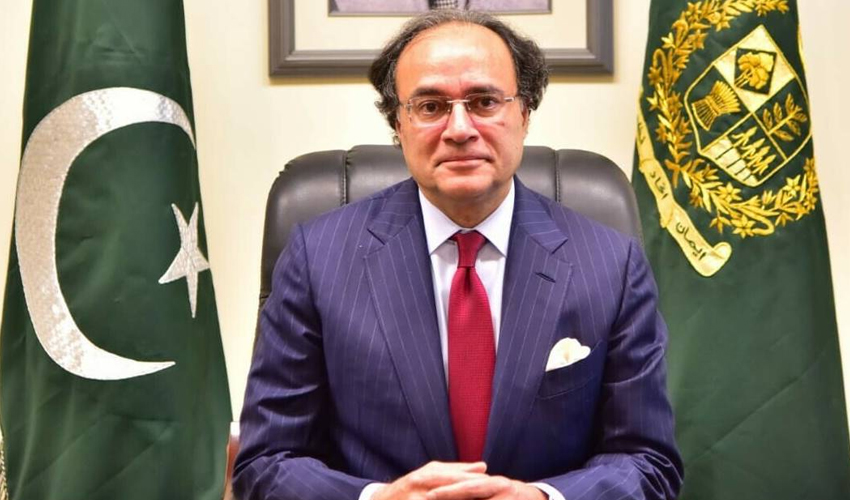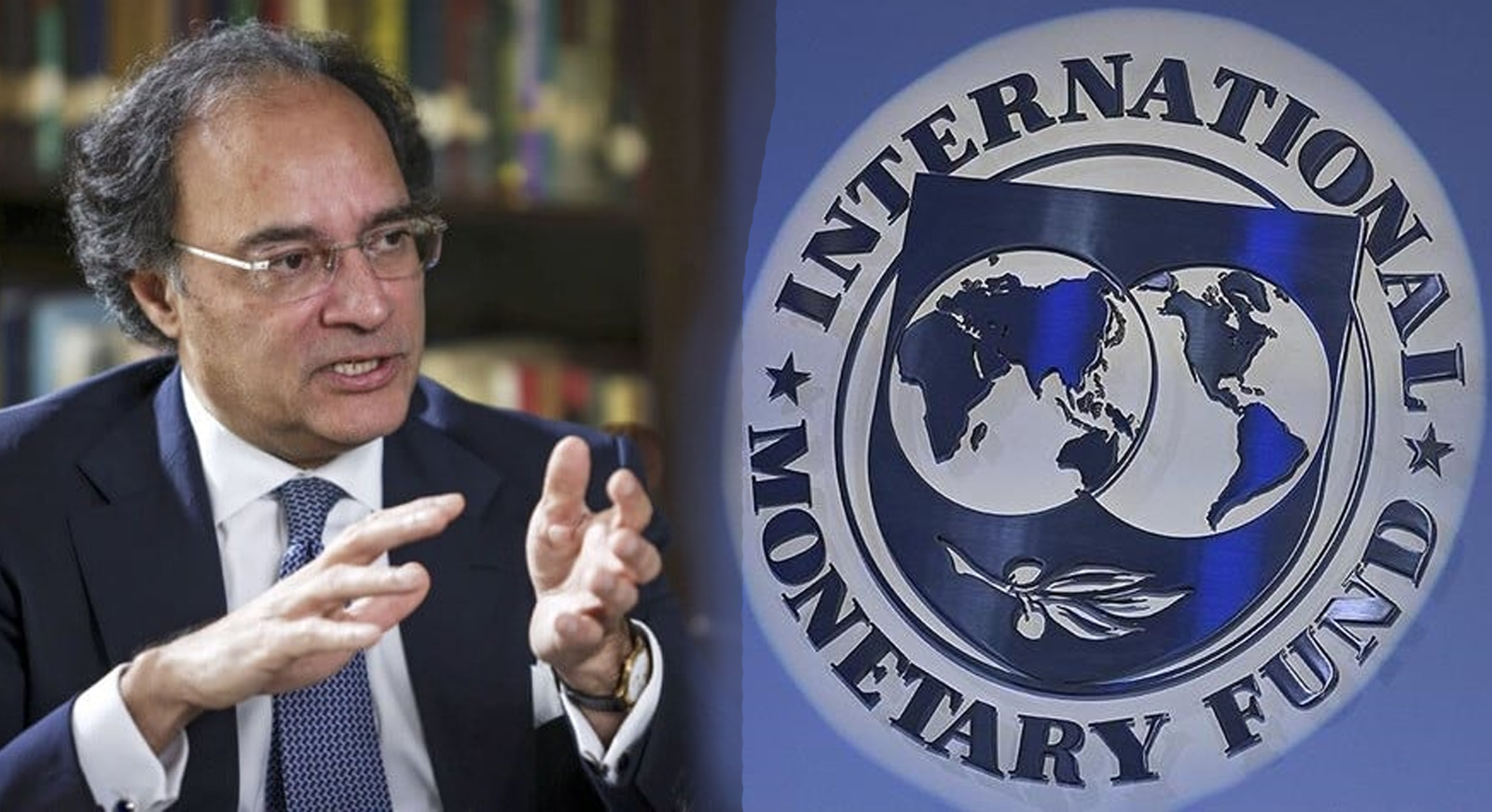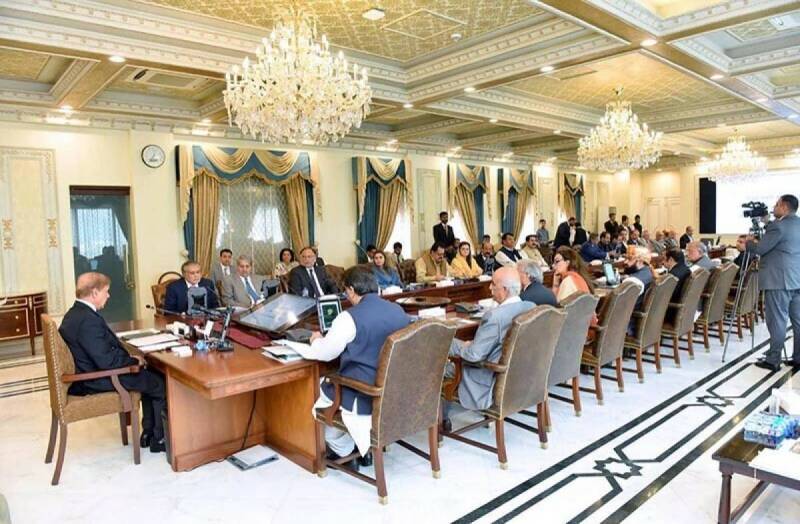Mohsin Siddiqui (Chief Reporter)
Finance Minister Muhammad Aurangzeb announced on Tuesday that the government is making significant progress on the new International Monetary Fund (IMF) program. During his address in the National Assembly, he pledged to implement structural reforms aimed at addressing the low tax base, energy sector issues, and reforms in state-owned enterprises (SOEs).
Wrapping up the budget debate for the upcoming fiscal year, Aurangzeb emphasized the government’s commitment to making this the last IMF program for Pakistan by implementing a comprehensive homegrown reforms plan. He stressed the importance of these structural reforms to guide the country out of its current economic challenges.
Aurangzeb outlined the government’s primary objectives, which include increasing the tax-to-GDP ratio to 13%, reforming the energy sector, advancing the privatization process, and transitioning from a government-driven economy to a market-driven one. He highlighted that these reforms are essential for economic stability and growth.
The finance minister acknowledged the contributions of various stakeholders to the budget and assured that updates on the budget’s progress would be provided quarterly. He noted that some recommendations from the Senate Standing Committee on Finance have been adopted. These include giving non-filers the opportunity to be heard before implementing SIM blocking and travel bans related to income tax. Additionally, clarifications have been added regarding the declaration of foreign assets and dependent spouses’ assets.
Aurangzeb detailed several tax policy adjustments aimed at enhancing compliance and fairness. These include:
Introducing a default surcharge of Kibor+3% or 12%, whichever is higher, for sales tax, income tax, and federal excise duty (FED) defaulters.
Increasing penalties for habitual late filers of income tax returns, with exceptions for those who filed on time in any of the past three years.
Maintaining tax exemptions for stationery items and reduced sales tax rates on heavy electric vehicles (HEVs) under the 8th Schedule of the Sales Tax Act.
The minister announced that under the Export Facilitation Scheme (EFS) 2021, sales tax zero-rating on local supply will not be abolished. The deadline for transferring sales tax and FED cases from Commissioner Appellate to the Appellate Tribunal has been extended from June 15 to December 31, 2024. Improvements in the drafting of Section 25 of the Sales Tax Act, 1990, have also been accepted.
Aurangzeb reiterated the government’s commitment to prioritizing agriculture, health, and education sectors. He mentioned ongoing efforts to provide maximum protection and support for these critical areas, including renewable energy initiatives. Proposals to retain sales tax exemptions for supplies made to charitable and welfare hospitals and professors are being seriously reviewed.
The finance minister highlighted the future role of the Federal Board of Revenue (FBR) in digitization and policy reforms, with oversight from the prime minister. The government has decided to bring traders, retailers, and distributors into the tax net, significantly increasing tax rates under Sections 236G and 237H for non-filers starting July 1, 2024. This move aims to enhance tax compliance and broaden the tax base.
Aurangzeb announced a stringent crackdown on shopkeepers and retailers who fail to register with the FBR under the Tajir Dost Scheme. From July 1, 2024, action will be taken against non-compliant retailers, ensuring they are brought into the tax net. This initiative is part of the broader strategy to increase tax revenue and promote fairness in the tax system.
Aurangzeb emphasized the need to reduce government expenditure and unnecessary expenses to decrease the budget deficit. Reforms in pension policies and reducing the size of the federal government are planned to curb future pension costs and prevent wastages. A committee headed by the finance minister will present proposals to the prime minister on merging federal ministries and devolving certain functions to provinces.
The finance minister proposed a fiscal pact aimed at increasing the country’s resources. The federal government, along with provincial governments, intends to discuss sharing expenses of devolved subjects. This collaborative approach is expected to enhance resource allocation and improve fiscal management across different levels of government.
Aurangzeb reaffirmed the government’s commitment to national security, stating that the armed forces will be provided with the necessary resources despite fiscal constraints. He also highlighted the importance of ensuring fool-proof security for Chinese citizens in the second phase of the China-Pakistan Economic Corridor (CPEC).
Aurangzeb mentioned that reducing electricity prices and policy rates will help revive industrial activity in the country. He noted that 81% of the Public Sector Development Programme (PSDP) resources have been allocated for ongoing projects, emphasizing the government’s focus on promoting public-private partnerships.
The finance minister also announced three basic honorariums for the officers and staff of the National Assembly and Senate, acknowledging their contributions and hard work.




